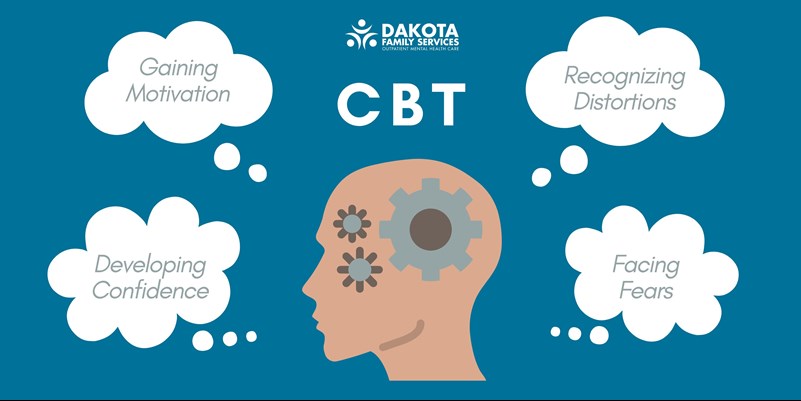Cognitive Behavioral Therapy (CBT)
Definition
Cognitive behavioral therapy (CBT) is a type of psychotherapy that helps patients identify and change underlying thought patterns in order to address and overcome issues such as anxiety, depression, grief, or anger. CBT helps patients develop skills to manage their lives more effectively.
What Does CBT Focus On?
CBT is based on several core principles, including:
- Psychological problems are based, in part, on faulty or unhelpful ways of thinking.
- Psychological problems are based, in part, on learned patterns of unhelpful behavior.
- People suffering from psychological problems can learn better ways of coping with them, thereby relieving their symptoms and becoming more effective in their lives.
CBT treatment usually involves efforts to change thinking patterns. These strategies might include helping patients:
- Recognize thinking distortions that create problems, and then reevaluate them in light of reality.
- Gain a better understanding of the behavior and motivation of others.
- Develop and use problem-solving skills to cope with difficult situations.
- Develop a greater sense of confidence in one’s own abilities.
CBT treatment also usually involves efforts to change behavioral patterns. These strategies might include:
- Facing one’s fears instead of avoiding them.
- Using role playing to prepare for potentially problematic interactions with others.
- Learning to calm one’s mind and relax one’s body.
What CBT Can Help With
- Major Depressive Disorder
- Anxiety
- PTSD
- Eating Disorders
- OCD
- Bipolar Disorders
- Substance Use Disorders
Key Things to Know About CBT
- CBT involves efforts to change thinking and behavioral patterns.
- CBT consists of 5 steps:
- Make a list
- Record unproductive thoughts
- Create replacement thoughts
- Read your list often
- Notice and replace
- CBT can be self-directed.
Self-Directed CBT (How you can do CBT on yourself)
Self-help CBT is most appropriate for someone with mild to moderate symptoms who is generally able to function well. A person who is severely depressed and barely able to get out of bed is probably not a good match, and will likely need one-on-one treatment with a professional. Many studies have found that self-directed CBT can be very effective.
More Resources:
- Understanding Cognitive Behavioral Therapy (Blog Article)
- What is Cognitive Behavioral Therapy? (American Psychological Association)
- Cognitive Behavioural Therapy: 7 Ways to Freedom from Anxiety, Depression and Intrusive Thoughts (Book)
- Cognitive Behavior Therapy: Basics and Beyond (Book)
- The CBT Toolbox: 185 Tools to Manage Anxiety, Depression, Anger, Behaviors & Stress (Book)


